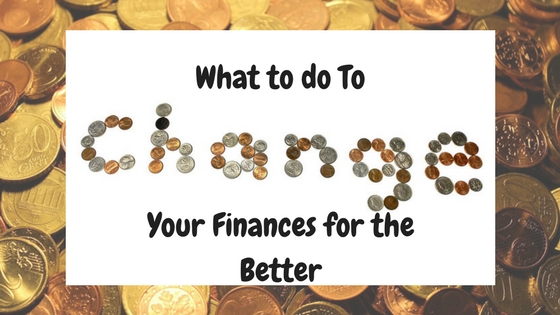
One of the most difficult personal choices you can make is deciding to get your finances in order. As soon as you start doing that you’ll realize that your financial decisions are very much a reflection of your life is organized and what your priorities are.
These are hard things to change and it will take a lot of effort to do so, but when you do, both your personal and financial life will benefit from it.
Make plans
Money is mostly wasted when it’s spent on a whim or out of necessity. The best way to avoid this is to have a budget plan for your household and to stick to it as much as you can. The plan should cover all the basics and to allow some wiggle room in order not to appear restrictive.
It should be revised every month with the fixed payments calculated first and other long-term projects and other expenses added when you’re sure you can afford them. It should also cover savings because at least ten percent of your paycheck should go to the savings account.
Automation
Tech gadgets and apps related to finances could be of great help because they do most of the work for you and allow you to spend your time dealing with more important and pressing matters. Use the automation to pay the bills on a specific date each month, which will help you with interest rates.
You could also use these sorts of apps that you keep track of your savings. The best way of doing this to decide how much you’ll save each month. The money should be set aside if your income is higher than the amount you’ve selected.
Calculate the cost of your time
This is something most people don’t do and it’s a shame because it’s a very useful tool. Most of us calculate our salaries on a monthly or a yearly basis and this obscures how much an hour of our time is actually worth. When you decide to calculate this number – both business and personal decisions become easier to make.
Every time you have an errand to run you’ll be able to calculate how much you could have made if you’ve spent that time doing something productive. This makes decision making much more rational.

Keep a good credit score
A credit score is the number banks use to determine how likely you are to pay the loan back. It’s calculated based on the number of factors. You need to take a few smaller loans at first in order to prove that you’ll pay them back. It’s important to pay each bill on time and never to go over your credit card limit.
Once you’ve established that your credit score is fine, you could take low rate personal loans in order to invest in your future company or a larger personal project.
Bad habits
Once you have detailed budgets plans patterns will start to appear in them. Soon you’ll be able to pinpoint which of your decisions and habits are costing you the most and why do you keep making the same mistakes. Once you do that, you can start working on changing the habits and being more responsible.
Most of these habits can be changed just by putting them into a perspective of a larger goal. If you know why you are changing your life, you’ll be able to actually do it.
Failure
It might happen that you don’t always meet your goals. Some months will be tougher than others. Sometimes that will happen because of something you did and other times it will be completely out of your control. In both cases, you shouldn’t see this as something that can’t be fixed.
Setbacks are a part of life and a part of financial planning as well. Count on some of them interfering with your plans and have a prepared plan on what to do in those cases. The best thing to do is to pick up the pieces and continue with the plan as if nothing has happened.
It’s possible to change your finances for the better. It takes work and determination, but it can be done, and you’ll notice the difference pretty soon after you’ve set yourself straight.
